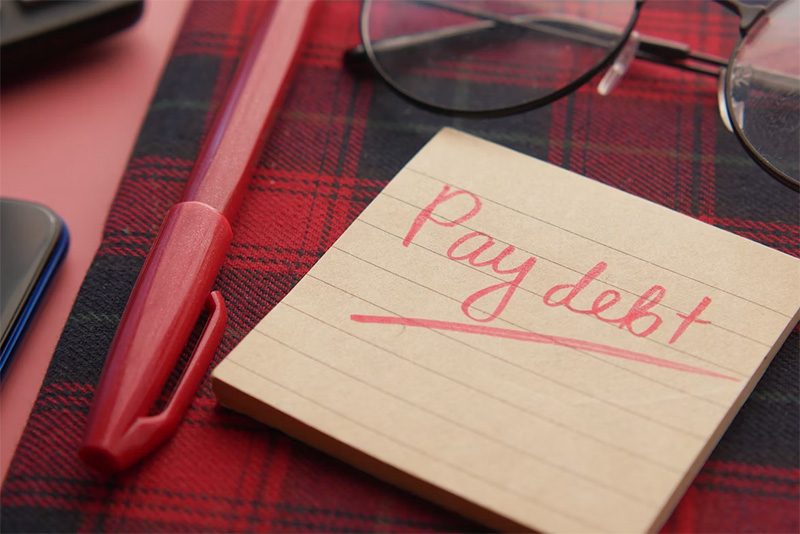Breaking Free from Debt: Strategies to Become Debt-Free and Thrive
It’s possible that debt will get in the way of our capacity to achieve success and keep our financial independence. However, it is possible to break away from the cycle of debt and pave the path for a better future if one employs the appropriate tactics and possesses the drive to make changes. In this piece, we will discuss workable ways for eliminating debt and restoring control of one’s financial situation. Let’s get started on the path to achieving financial freedom so that we can figure out how to be successful without being hampered by debt.
Assessing Your Debt Landscape
To become debt-free, you must first have a comprehensive awareness of your financial status. Make a list of all your bills, including loans, credit card balances, and any other amounts due. Examine each debt’s interest rates, conditions of repayment, and monthly payments. You may prioritize your debts and make a plan of action with the aid of this evaluation. To find areas where you might make changes to dedicate more money to debt repayment, it is also crucial to evaluate your income, costs, and spending patterns.
Creating a Debt Repayment Strategy
A clear repayment plan is essential to getting out of debt. The debt avalanche method and the debt snowball method are two widely used strategies. Prioritizing debts with the highest interest rates and concentrating on paying them off first while making minimal payments on other obligations are part of the debt avalanche strategy. In the long term, using this strategy results in lower interest payments. The debt snowball strategy, on the other hand, prioritizes paying off bills with the lowest sums first and gives you a psychological boost as you swiftly pay off individual loans. Select the approach that best fits your financial objectives and personal preferences.
Implementing Smart Financial Habits
Breaking free from debt requires not only a repayment plan but also a commitment to developing smart financial habits. Start by creating a realistic budget that accounts for all your income and expenses, ensuring you have a clear overview of your financial inflows and outflows. Cut down on unnecessary expenses, redirecting those funds towards debt repayment. Additionally, prioritize saving a small emergency fund to avoid falling back into debt in case of unexpected expenses. Cultivate a mindset of delayed gratification, distinguishing between needs and wants, and practicing disciplined spending habits.
Seeking Professional Assistance
Debt restructuring demands professional assistance. Consult a credit counselor for individualized guidance and assistance with your financial difficulties. Credit counselors may assist you in managing your debt, negotiating with creditors, and educating yourself. Their knowledge and experience may help you accelerate debt reduction and ensure long-term finances. Remember that seeking assistance is not a sign of failure, but rather a step toward financial security.
Debt payment needs patience, self-control, and foresight. Analyzing your debt situation, developing a repayment schedule, practicing excellent money management, and seeking professional counsel may all help you get out of debt and achieve financial success. Debt repayment requires time and consistency. Maintain focus, rejoice in minor triumphs, and embrace financial freedom. You may overcome debt and achieve financial and personal success with the appropriate strategies and a positive outlook.
Photo Attribution:
1st and featured image by https://unsplash.com/photos/M8z2SwSwpbg
2nd image by https://unsplash.com/photos/5fNmWej4tAA


